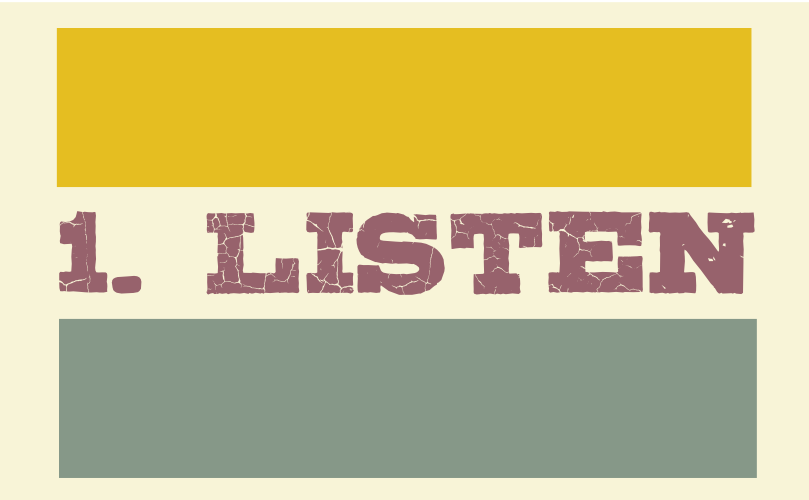
In a previous issue of this newsletter, I promised to say more about how my librarian colleagues and I have been engaging in outreach to connect our collections and services with all library users. While the word “outreach” sometimes means advertising and publicity, that’s not what I’m writing about here. What we have been doing is learning. Librarians are perpetual students! And there’s a lot to learn regarding diversity and inclusion.
First, let me take a moment to specify which colleagues I’m referring to. As the Director of the Research & Instruction Workgroup (R&I), I talk frequently with R&I librarians Amy Frazier, Brenda Ellis, Katrina Spencer, Leanne Galletly, Ryan Clement, and Wendy Shook. I know a lot about what they do, and they’ve invited me to write about it. I say this because others in the library, not just staff in R&I, care about diversity and inclusion. My hope is that by sharing the outreach work of R&I librarians, I will inspire more people to share their good work.
Which outreach opportunities have helped R&I librarians learn about diversity and inclusion? I’ll answer this question by sharing some examples. The common theme is listening. We’re learning a lot by listening to you, our campus colleagues.
One-on-one conversations have been a powerful way to connect with people and ideas. In casual and facilitated exchanges with small groups of students, staff and faculty, we’ve asked questions that help us relate other stories to our own. Several R&I librarians have attended Posse Plus retreats, and each of us has been grateful for the opportunity to be fully immersed in topics including race, ethnicity, poverty, privilege, and identity. We’ve participated in the honest and gentle “Deliberative Dialogue” discussions that were sponsored by the Committee on Speech and Inclusion. We’ve enjoyed making new friends at First-Generation Dinners. And at the MLK Day Community Breakfast a few months ago, we spent time talking about how to create Dr. King’s ideal of the “Beloved Community” at Middlebury. It’s possible that I speak for all of R&I when I say that the happy, sad, awkward, humorous and contemplative moments I’ve shared in conversations with campus colleagues have been among the most meaningful of learning experiences.
Forums and lectures have allowed us to place our knowledge in a larger context. Those of us who attended the Community Conversation hosted by the Student Government Association, the Black Students’ Union and President Laurie Patton last fall were encouraged to think more deeply about the concept of community. Professor Jonathan Miller-Lane’s talk, “Discourse and Discord at Middlebury,” along with Professor Erik Bleich’s talk “What is Hate Speech?” and the “Whose Freedom, Whose Speech?” Critical Conversations forum, provided not only historical background on the idea of free speech but also a few current applications. Lectures in the Alumni of Color Series have provided a glimpse of the lives students might lead after they graduate from Middlebury. And attending presentations at national library conferences has helped us link diversity issues to labor issues. For me, being prompted to apply a wider lens to my views on local topics has been educational. I think my colleagues would say the same.
Other sources have inspired my colleagues and I to think more holistically about the goals of diversity and inclusion. Those of us who attended Professor Lida Winfield’s performance of her original work, “In Search of Air: Growing Up Dyslexic” were moved by her graceful portrayal of the challenges of learning to read in a different way. And a livestreamed presentation from a “Designing for Digital” library conference reminded us to imagine a greater variety of use cases for library information systems design. These experiences have given us a better understanding of some the obstacles that all students might face.
Doing outreach is important to us as librarians and as members of this campus community. We know that libraries can make a difference if they’re relevant to everyone. If you have requests, suggestions or reactions to this piece, or to the library in general, please let us know! Respond in the comments, or contact librarians at go.middlebury.edu/askalibrarian. Thank you in advance!
